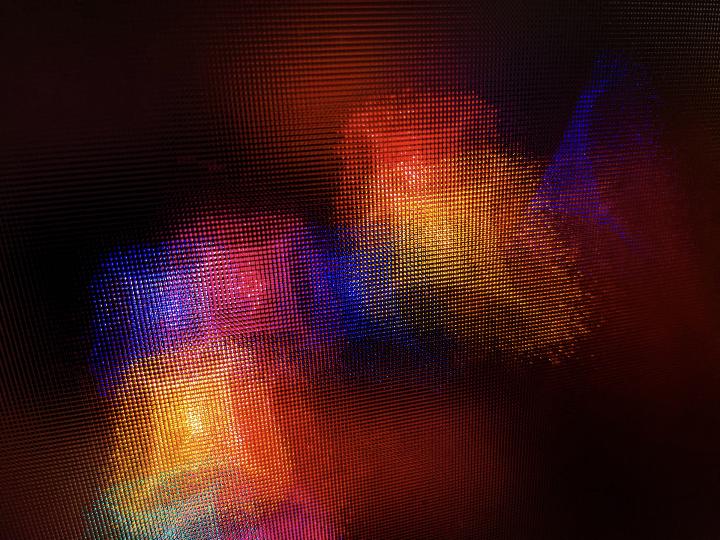Quantum mechanics is a field of physics that describes the peculiar behavior of particles at the smallest scales. While most of us are familiar with its implications in technology, such as the development of quantum computers, there is an intriguing, albeit controversial, philosophical proposition arising from the interpretation of quantum mechanics, known as "Quantum Immortality".
Quantum Immortality: A Brief Introduction
The concept of Quantum Immortality is rooted in the "Many Worlds Interpretation" (MWI) of quantum mechanics. Proposed by physicist Hugh Everett in 1957, MWI postulates that for every possible outcome of a quantum event, the world splits into different "branches," each realizing one of the possible outcomes. Essentially, it suggests an infinite number of parallel universes where every conceivable outcome of every situation exists.
Quantum Immortality, then, is a thought experiment that extends this interpretation. It proposes that if consciousness can be divided among these various universes, and if each consciousness continues independently in the universe where it remains alive, a form of "immortality" might be possible, at least from the perspective of the conscious individual.

The Immortality Thought Experiment
To better understand Quantum Immortality, consider a simplified (and somewhat morbid) thought experiment known as "quantum suicide." Imagine a potentially lethal game of chance, where the outcome is determined by a quantum event - say, a machine that fires a lethal bullet or a harmless blank, with the result determined by the spin of an electron.
According to MWI, every time the trigger is pulled, the universe splits into two branches - one where you survive and another where you don't. If your consciousness continues in the universes where you remain alive, then from your perspective, you would always find yourself surviving, regardless of how many times the trigger is pulled. The 'other you' in the parallel universe wouldn't be as fortunate, but from your perspective, you would seem to be 'immortal'.
Controversies and Implications
While an intriguing idea, Quantum Immortality is fraught with controversy. Firstly, it relies heavily on the MWI, which, while being a legitimate interpretation of quantum mechanics, is not universally accepted. Some physicists favor other interpretations, like the Copenhagen interpretation or pilot-wave theory, which do not involve parallel universes.
Moreover, Quantum Immortality hinges on the notion that consciousness can somehow be divided or transferred among these parallel universes, a concept that is still far from understood and falls more into the realm of philosophy than physics. It also assumes that consciousness would always follow the path of survival, which isn't a given.
From a philosophical standpoint, Quantum Immortality prompts interesting questions about identity, consciousness, and the nature of reality. If there exist countless copies of ourselves in parallel universes, what does that mean for our sense of self? Can we consider these duplicates to be "us," and do we share a consciousness with them?
Conclusion: A Mind-Bending Possibility
Quantum Immortality is a speculative, mind-bending concept that brings together the weirdness of quantum mechanics and the mysteries of consciousness. While it remains more of a philosophical musing than a scientific theory, it nonetheless offers a compelling illustration of the strange and counter-intuitive implications of quantum physics.
As we continue to advance in our understanding of quantum mechanics and delve into the nature of consciousness, who knows what possibilities we may uncover? For now, the idea of Quantum Immortality provides ample food for thought, reminding us that in the quantum realm, the boundaries of possibility are far from ordinary.

Exploring the Idea of Quantum Immortality: A Leap into Quantum Physics and Consciousness